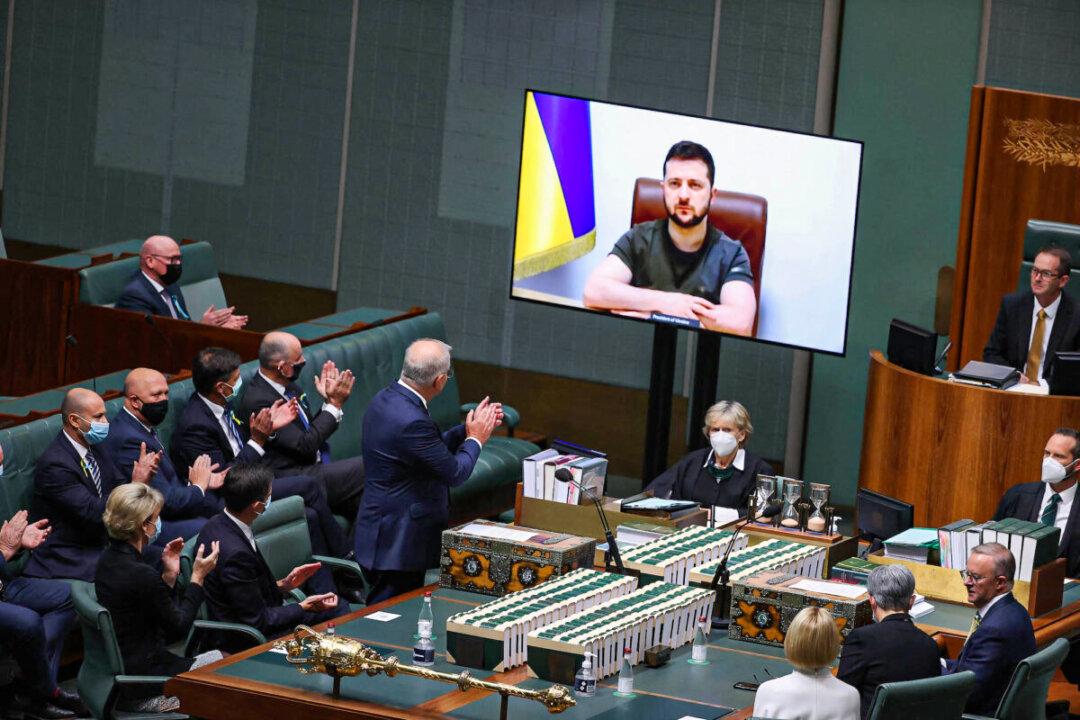The Australian government has continued pressuring Russia authorities following the announcement of a tranche of sanctions targeting another 110 individuals, including Ukrainian separatists from the regions of Donetsk and Luhansk and members of the Russian Duma or Parliament.
In reiterating Australia’s unwavering support for Ukraine, the Department of Foreign Affairs and Trade (DFAT) said 34 sanctioned Ukrainians were senior representatives of the separatist “People’s Council of the People’s Republic of Donetsk” and “People’s Council of the People’s Republic of Luhansk.”




